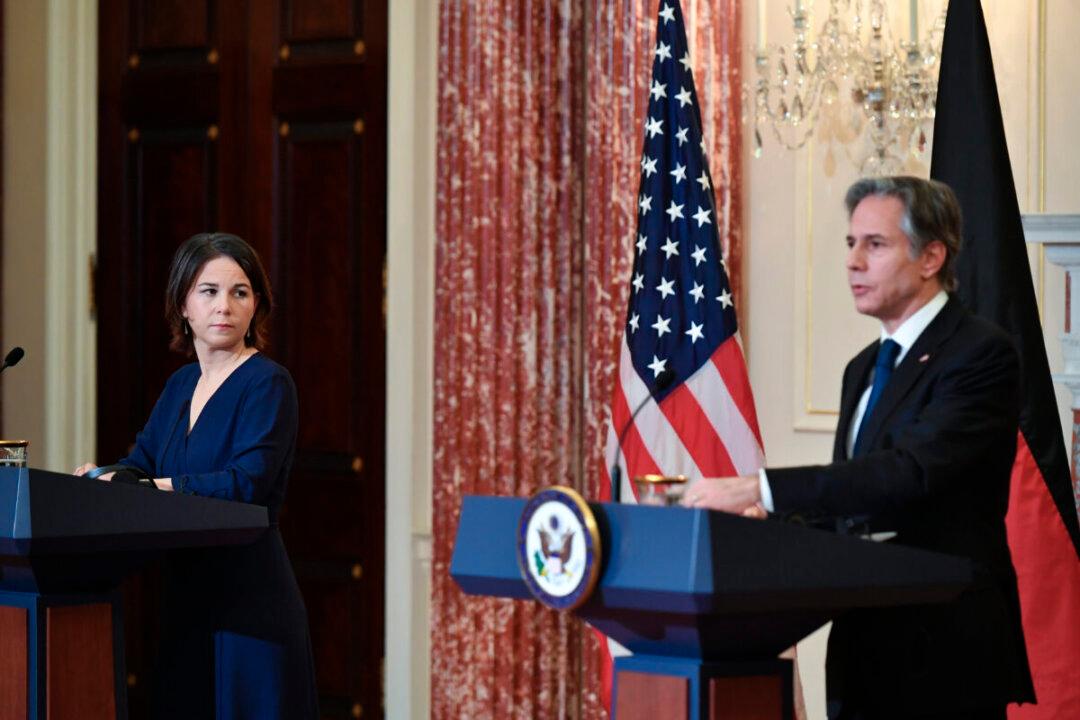The Biden administration is pledging its support to Lithuania as the small Baltic nation stands up to pressure on several fronts by the Chinese regime.
U.S. Trade Representative Katherine Tai promised “continuing strong support” to Lithuania during a Jan. 5 telephone call with its foreign minister, Gabrielius Landsbergis. She said in a statement that the U.S. government would work with the European Union (EU) and its members to address the “coercive diplomatic and economic behavior” of China.




